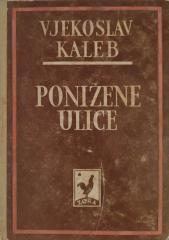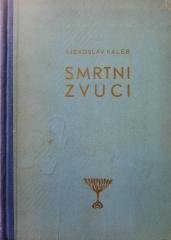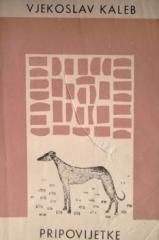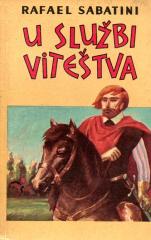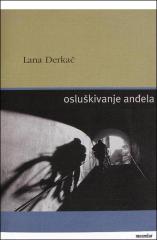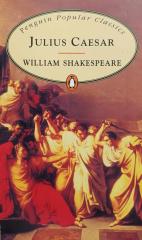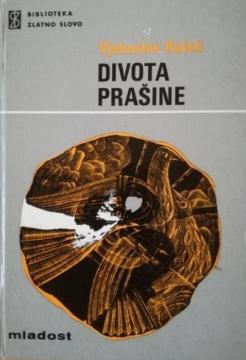
Divota prašine
Young partisans, Dječak and Goli travel together to the partisan headquarters. Hungry and exhausted, they pass through desolate, burnt villages, encountering many dead typhus patients and only the occasional old woman or man.
While trying to swim across the river, Goli lost his pants, so his appearance with bare skinny legs seems grotesque rather than heroic. Novi and his girlfriend Ljuba join them in a village. Finally, they reach the partisan headquarters, where Novi and Ljuba stay, while Dječak and Goli continue their journey. Sick and completely exhausted, they are met on the way by women who make stretchers and carry them on their backs.
His originality is based primarily on lucid observations of life's phenomena and the portrayal of interesting types, surprising with discoveries of the unusual and the everyday. Not trying to create a plot, he creates power through observation, not imagination. The exceptional value of his novels lies in the discovery of new connections, previously unknown. Thus, Kaleb discovers a new assumption of artificiality as a revelation, rather than a recognition of the world in which we live. Even those prose works in which many valued only the strength of a realistic document about a certain reality (The Departure of Perušina, Between Days and Nights) go beyond the real motive, not only in symbolic sense, but also by expanding their effectiveness from the area of analysis of reality into the infinity of mythic synthesis. This is also confirmed by the novels: Bijeli kamen and The Wonder of Dust - the last of which is in fact a mythical projection of the primal human physiological hunger and the metaphysical need to make life meaningful by serving a higher purpose.
One copy is available
- Library stamp
- Damaged back
- Traces of patina
- Underlined with pen/felt pen
